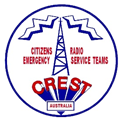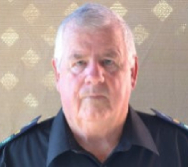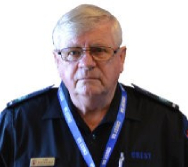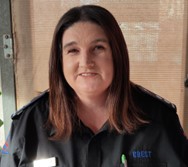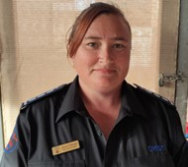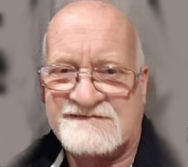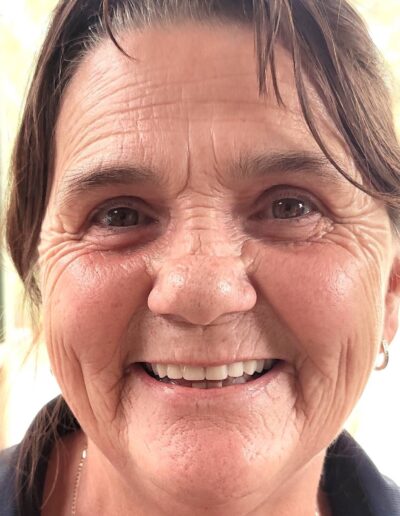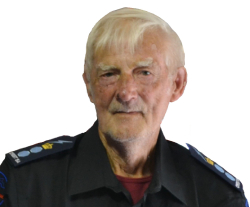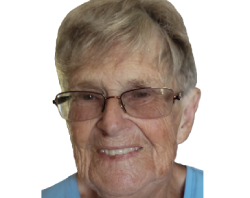Our Team
Active Teams
In Australia, each state is responsible for the training of their own personnel through a standard operating procedures manual which every Communications Officer possesses. Each officer is then required to pass two verbal examinations and a written examination prior to being permitted to operate on the emergency frequencies unsupervised.
Each state has its own specific focus of community support utilising various communication mediums, so operating procedure do vary from state to state. It is, however, relatively easy for CREST members from another state to be certified within another state or territory with a minimum of training.
The enthusiasm of CREST members in all states is shows by their dedication and training. Whilst monitoring channel 5 on the UHF CB band, and Channel 9 on the HF band, CREST provides the community with a free service. Calls received at any CREST base, whether it be in Queensland, New South Wales, Victoria, or South Australia are handled through the CREST Communications Officers who monitor the government allocated emergency frequencies.
Our Officers are trained to:
- Efficiently operate two-way radio communications equipment
- Utilise techniques asking closed questioning (as utilised by many Government Emergency Services) to gain the valuable information required to action a request for assistance
- Rapidly relay the call to the appropriate emergency service or utility provider, whilst staying in contact with the caller until the event is finalised.
CREST and other organisations have set up a network of Channel 5 UHF repeater stations. These repeaters rebroadcast messages for assistance, enabling vehicle mounted UHF equipment to send and receive messages to a greater distance than simply transmitting from one radio directly to another receiver.
To understand more about how the emergency repeater stations work, and how to contact CREST via your radio, click here.
.
